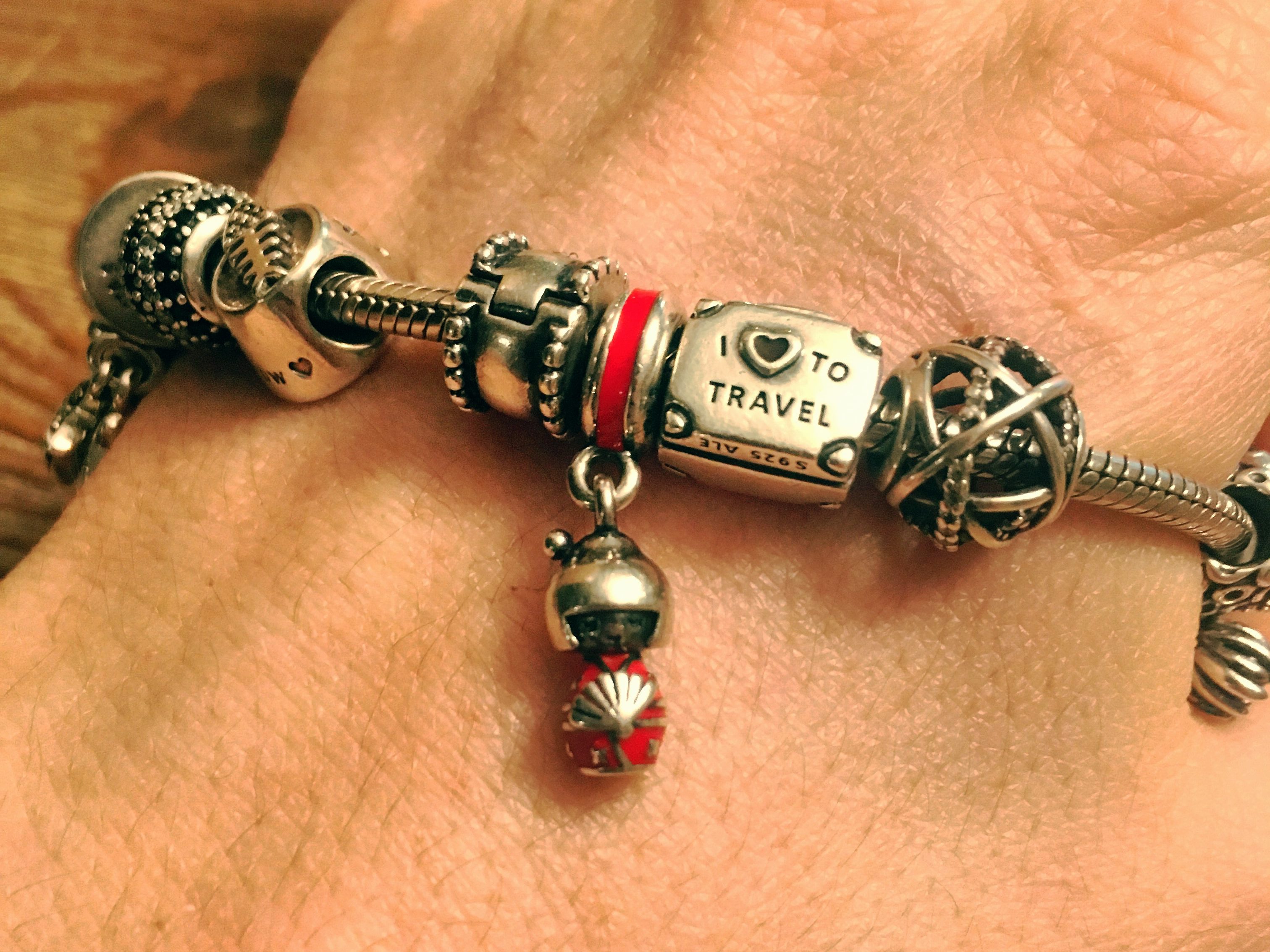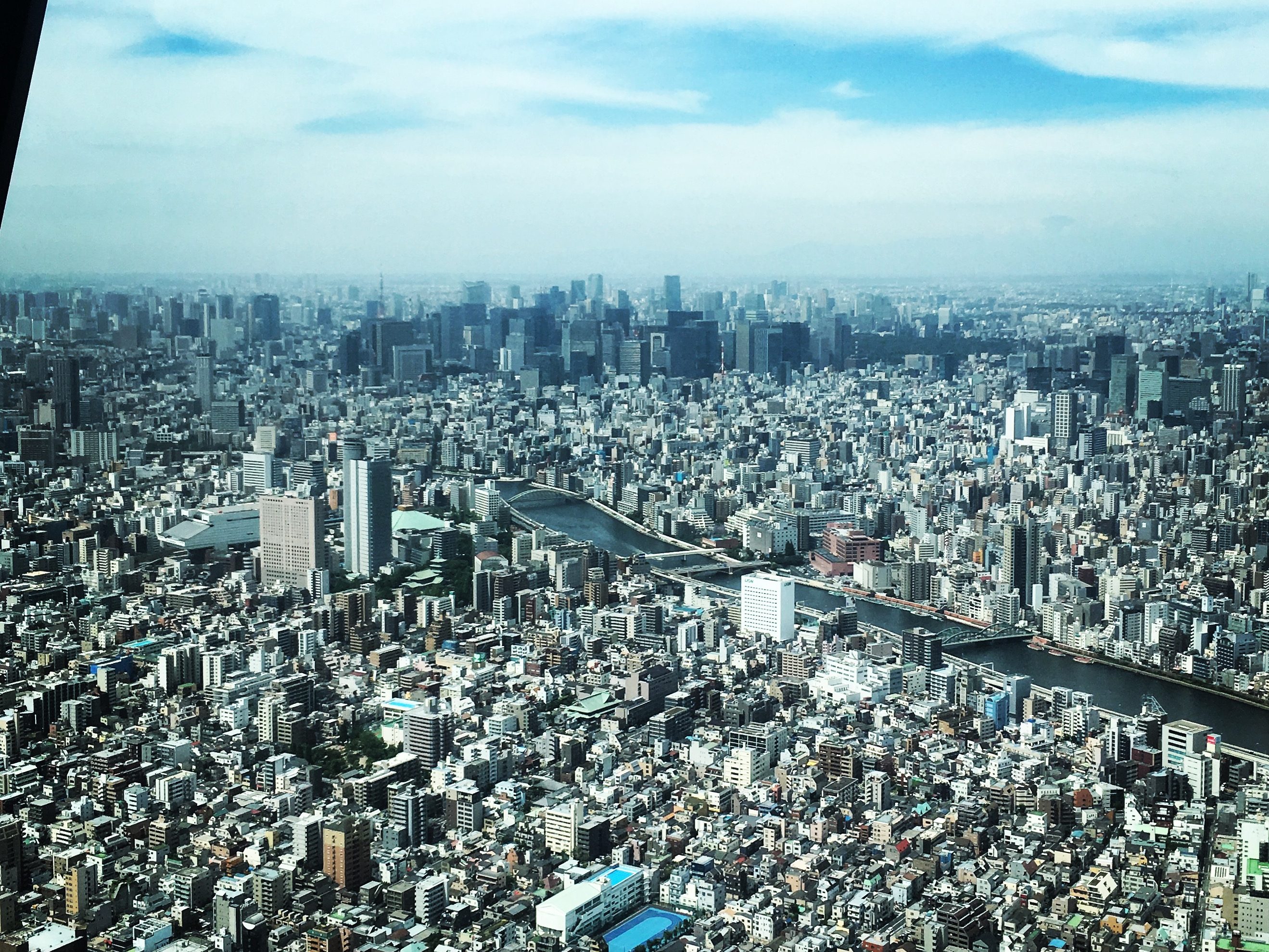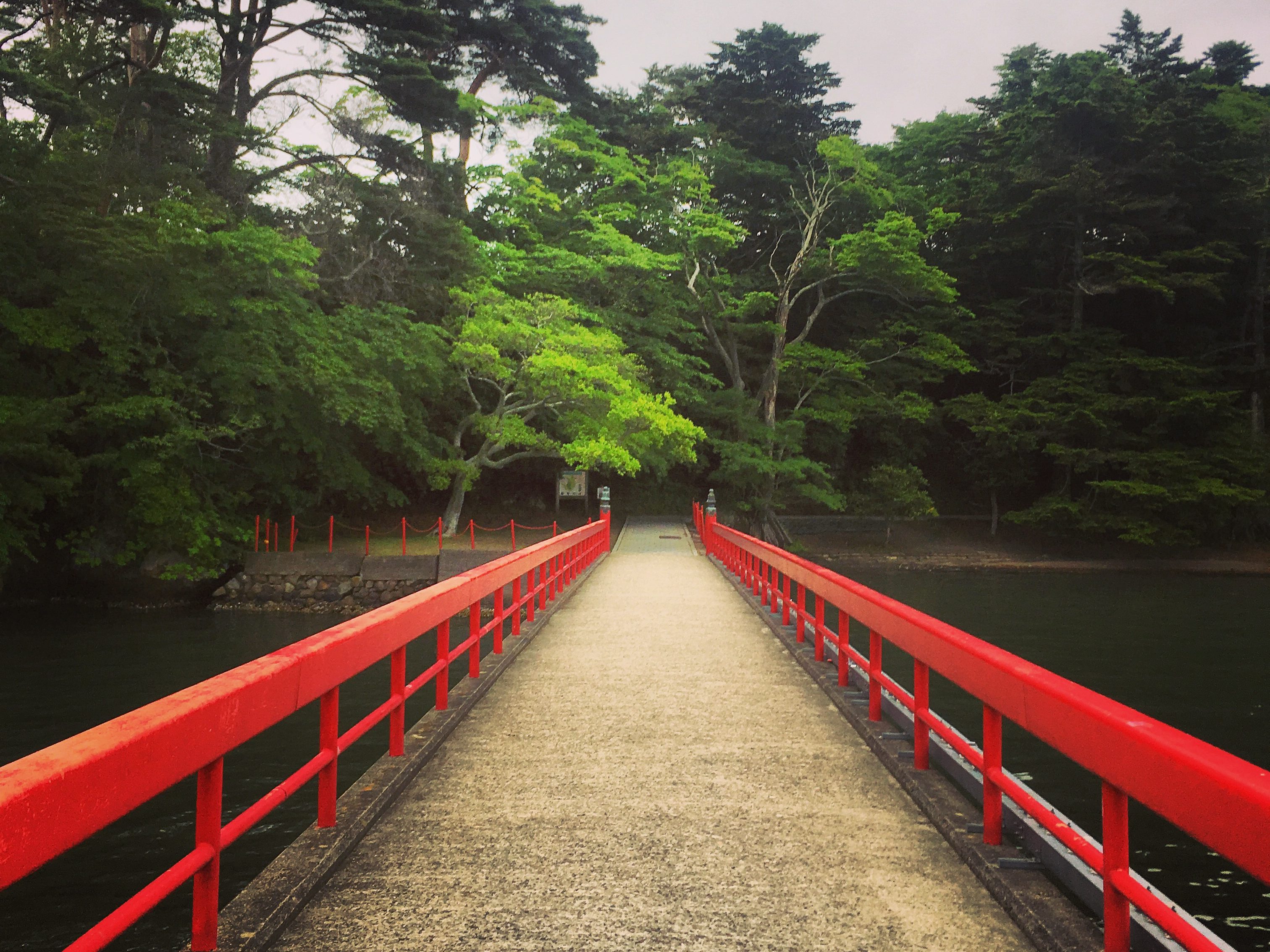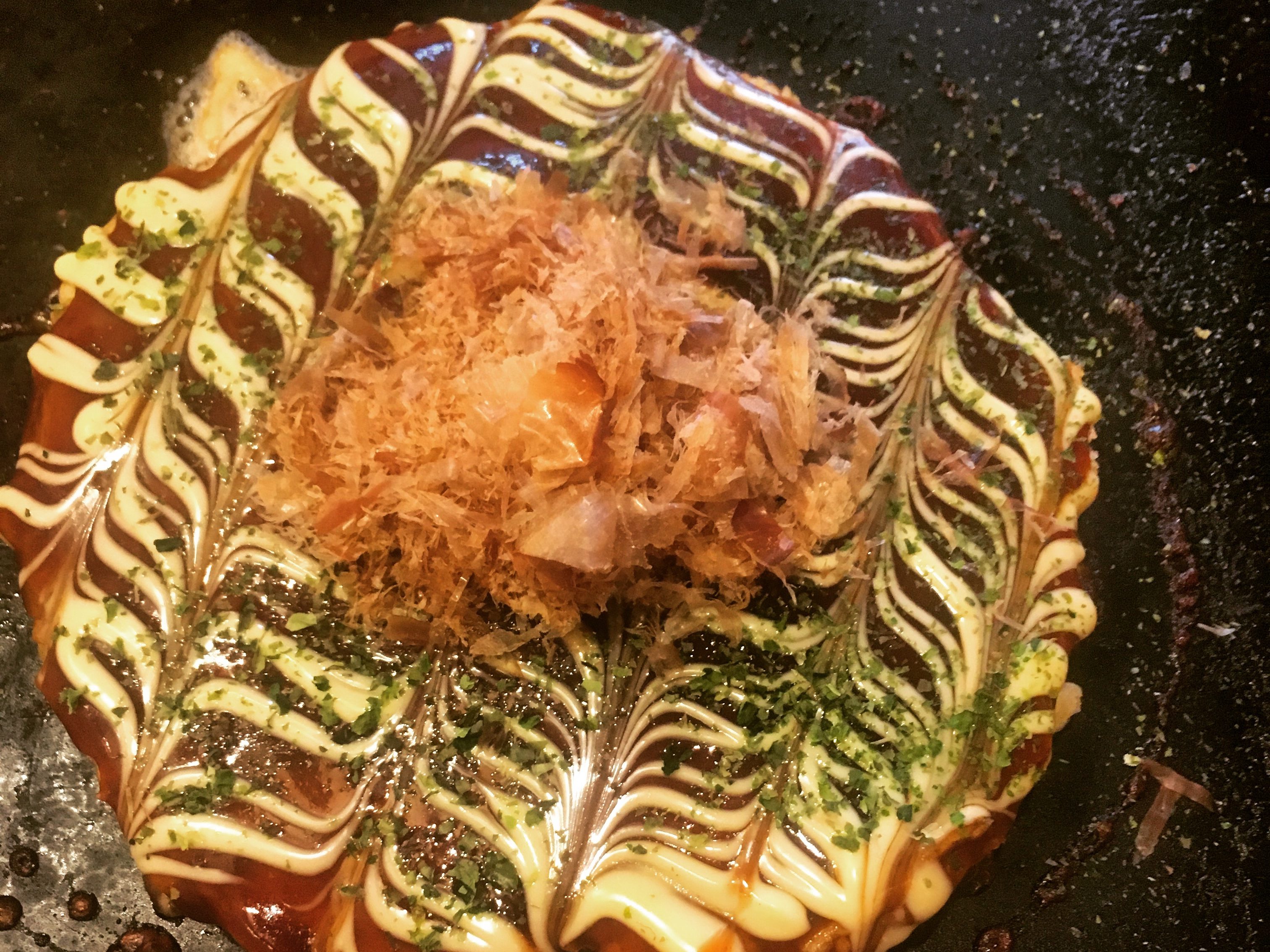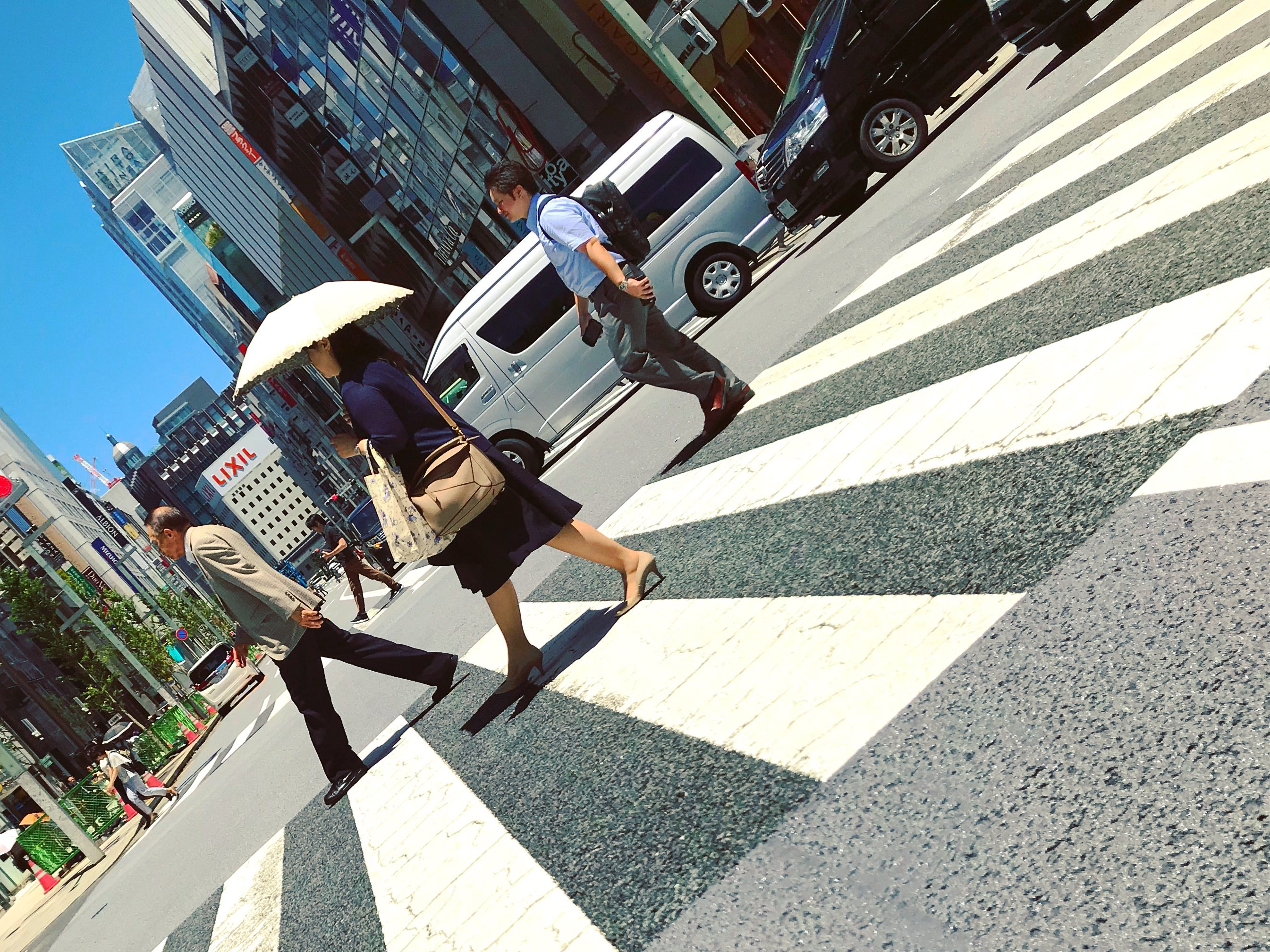
Japan Day 25 – Tokyo
Our last full day in Tokyo was spent more or less lazing around. We met up with my friend from high school again in the evening, and another mutual friend from college. Fletch and I requested okonomiyaki, the delectable cabbage pancakes, for our last dinner in Japan.
I laid awake in bed that night reflecting on the place that Japan had become. An overwhelming sense of emptiness and loneliness had been growing somewhere deep inside of me ever since stopping in Tokyo.
For cities so crowded, we had observed so little in the form of human interaction. Hundreds of thousands of people constantly going about their days, and you would think every last one of them was the last person on the planet for the amount of acknowledgment they gave to the people around them.
And the quiet… The cities in Japan are some of the quietest you have ever been to. The streets are not filled with chatter, just the shuffle of feet from commuters heading to work. The sounds of children screaming or laughing are almost never heard. City people aren’t finding relationships, or having children. They’re working, around the clock, always overtime, and often on weekends. People are actually dying from overworking themselves. It is such a problem, that the government decided to have businesses give everyone Friday afternoons off. Unfortunately, the end of the workweek tends to be the busiest time for many employees in Japan, and so no one was taking advantage of it. The new initiative is to try and get people to start their workweeks on Mondays at noon. Can you imagine the government having to step in and tell the entire country to work less?
Japan has always been known for being forward thinking with their innovations and technology, while simultaneously preserving their beautiful, historical and cultural values. But seeing Japan on multiple occasions, spaced ten years apart, showed that history and tradition were slowly fading away. Once spiritual sites now had the magic stomped out of them by droves of camera-happy tourists. Harajuku fashion had been replaced with corporate labels. Folding hand fans were unnecessary with a/c inside every building. Kimonos were only worn by Chinese tourists. Family values also seemed to be disappearing. When I lived with a host family ten years ago, I always thought it was so beautiful that the grandparents lived next door and would join us for dinner every night. Granted that wasn’t downtown in a big city, and I do hope that families still function in such a way in more rural areas. In the cities, you never see families though. Even couples are a rare sighting.
Japan seems to have achieved a utopian ideal in terms of work ethic, peace, and safety. Even pickpocketing is extremely rare there. But at what cost? Obviously a week in Tokyo doesn’t make me an expert by any stretch of the imagination, but it felt like a very sad and lonely city. Fletch and I always find our own fun of course, but no one around us seemed to be doing the same. It felt like a society of emotionless robots. I hope no one takes offense to that. I’ve always been a huge Japanophile myself. Some fundamental human need for connection felt like it had gone the way of the samurai though, leaving in its wake a rather isolated and meaningless existence.
It seems that every place I have visited, the locals there have all reminisced over the place that it had been ten years ago. In Koh Tao, they used to talk about the fishing village the sleepy little island had been ten years ago, before the tourists arrived. In Palau, a place with more fish in the ocean than you could ever imagine existed, they used to talk about how many more (even more!) fish there had been ten years ago. To someone who fell in love with those places just as they were, it seemed a sad outlook to have. But now I understood. Time does change places. Tourism allows us to see the world, and allows countries to bring in revenue; seemingly a win-win. Something is lost in the process though. The things that made that country unique and worth seeing are suddenly branded and commercialized. Part of the mystique is gone.
Japan was not the same place that I had remembered. Perhaps a part of that was no longer seeing the world through the same rose-tinted glasses as you do as a child. Perhaps the country and its culture had really changed that much. Whatever the case, I felt a sensation that had for the most part eluded me through my travels: homesickness. I wasn’t sure where in the world that home was anymore, but it was someplace where life was simpler, and people were happier.


